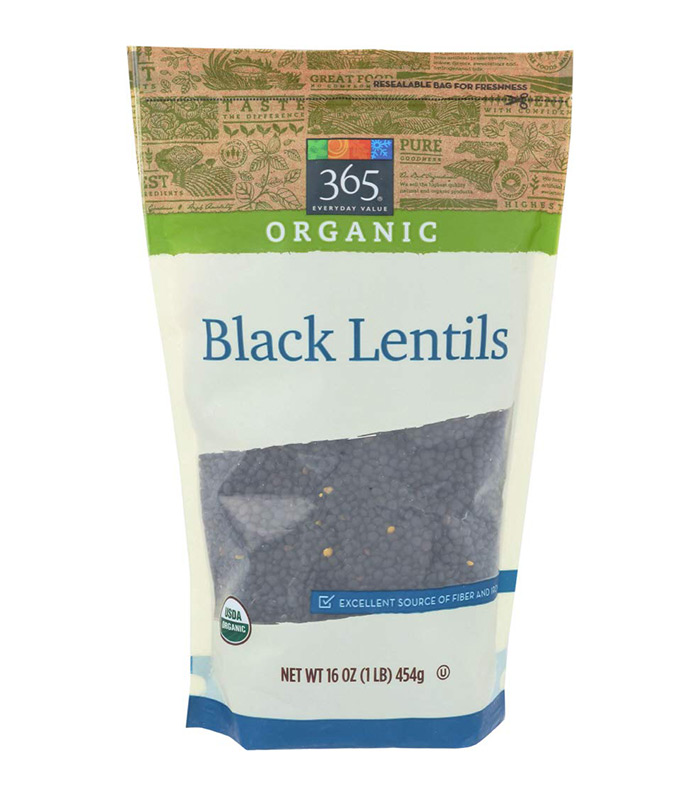The Biggest Food Myths Nutritionists and Dietitians Want You to Forget
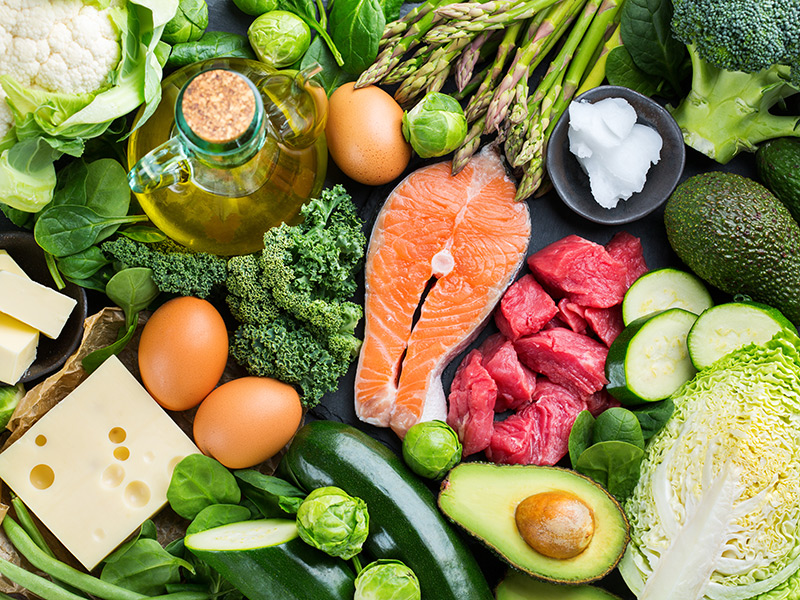
There are a ton of nutrition and food myths out there—some from pseudoscience, some from misguided interpretations, and some just from clear negligence when it comes to facts. But it's time to set some of them straight. Here, celebrity nutritionist and health coach Karin Adoni Ben-David and National Academy of Sports Medicine certified personal trainer, nutrition expert, and celebrity fitness instructor Phil Catudal share their thoughts on some of the biggest food myths out there.

Myth 1: Eggs raise your cholesterol levels
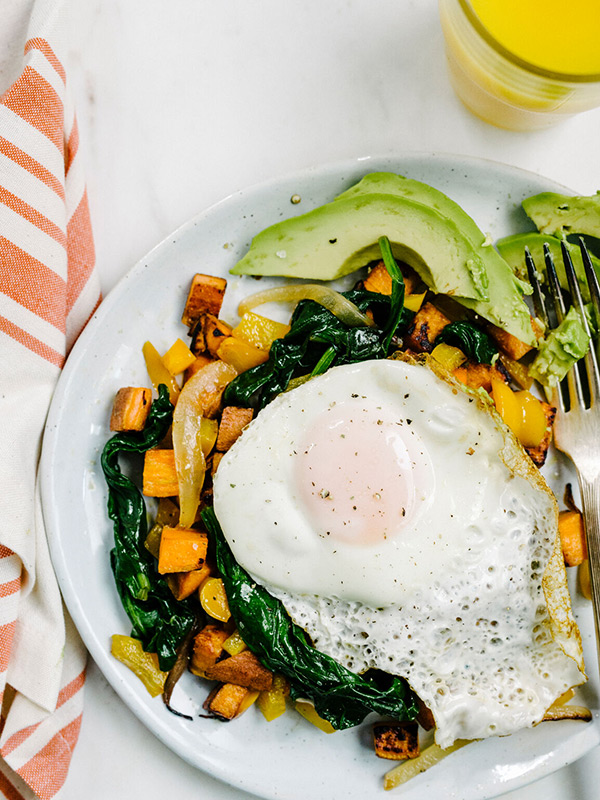
There tend to be mixed opinions on whether eggs are good or bad for your health, says Ben-David. "The myth claims that eggs are high in cholesterol and can increase the risk of heart disease. However, the truth is studies have been conducted in healthy people showing no effect of daily egg intake on blood cholesterol levels," she says. "The cholesterol in eggs has almost no impact on your blood cholesterol levels. The new guidelines advise the consumption of eggs every day is not associated with an increased risk of coronary heart disease."
Myth 2: Carbs are fattening
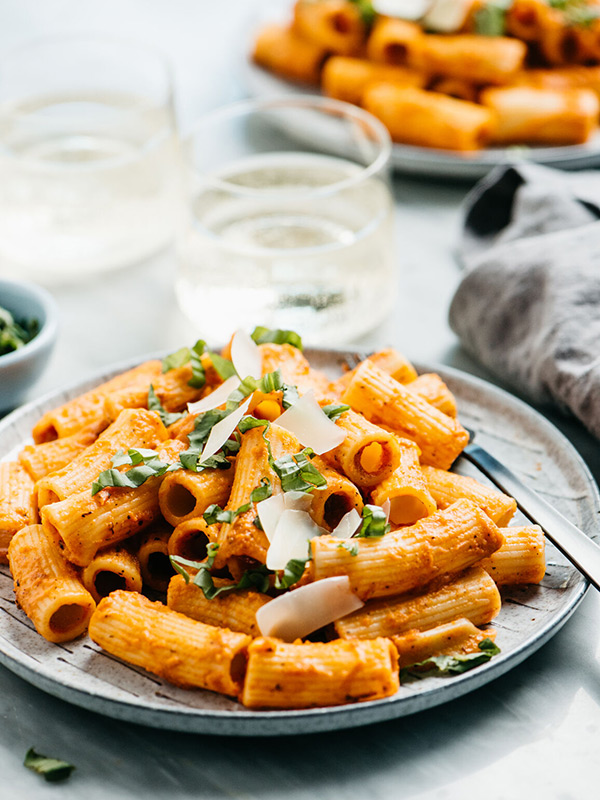
"Gram for gram, carbohydrates have less than half the calories of fat," says Ben-David. "Yes, fat does keep you full and is digested slower, but weight loss in its core is still calories in, calories out. You can lose weight while eating carbs or not. However, like everything else, you do need to keep an eye on your portion sizes and choose the right types of carbohydrates. Try to consume for whole grains like oats, quinoa, and beans, and avoid sugary food and drinks."
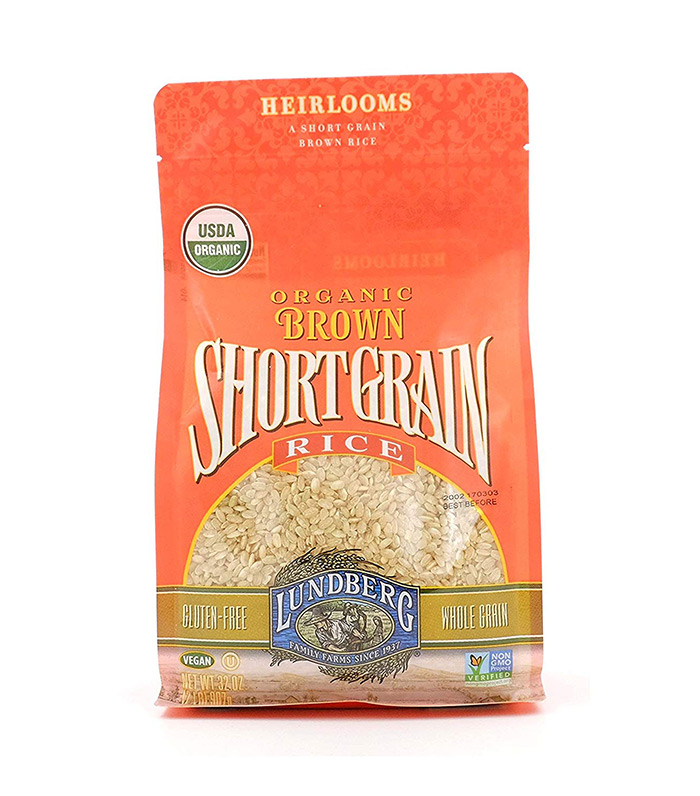
"Yes, refined sugars, processed foods, etc., can be extra bad, but they are not all carbs," says Catudal. "Generally, they are bad because they are a combination of high fat and high carbs. Healthy fruits, vegetables, grains, legumes, and, yes, even gluten can be consumed in a healthy diet. The overall balance, total calories, and macronutrient numbers depend on your size and goals, but no entire food group is bad. Eat your carbs. Just be smart on source and quantity."
Myth 3: High-protein diets damage your kidneys

"We evolved to become the smartest animal that has ever walked the Earth thanks to a diet high in protein, so it's hard to believe that in the last human generation—a blink of an eye in evolutionary terms—protein has suddenly started damaging our kidneys," says Ben-David. "And you shouldn't believe it, because the study that linked high protein intake to organ damage was done on people with pre-existing kidney disorders. If you're in good health, consuming the right amount of protein in your diet can help weight loss without any side effects."
Myth 4: Superfoods are magic
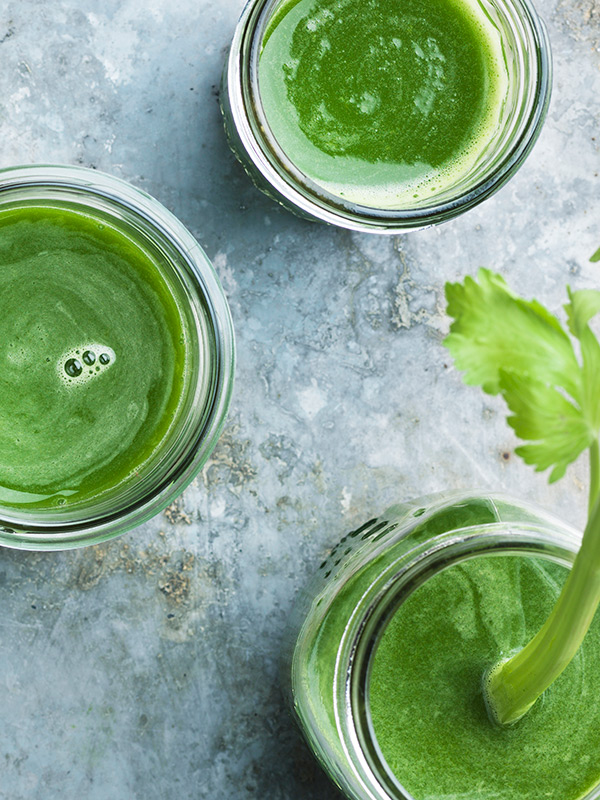
Don't expect those superfood supplements and powders to cure every single thing. "No, they are not [magic]," emphasizes Catudal. "People all around the world lived just fine, healthy and long, without them. Can adding them benefit in small ways? Sometimes, yes. But there is no blanket yes statement to any single food. Furthermore, not having them, or not affording $20 smoothies daily, does not at all mean you're missing out. Frankly, a lot of food ads are pure BS and pseudoscience."
Myth 5: Organic Food is the only option
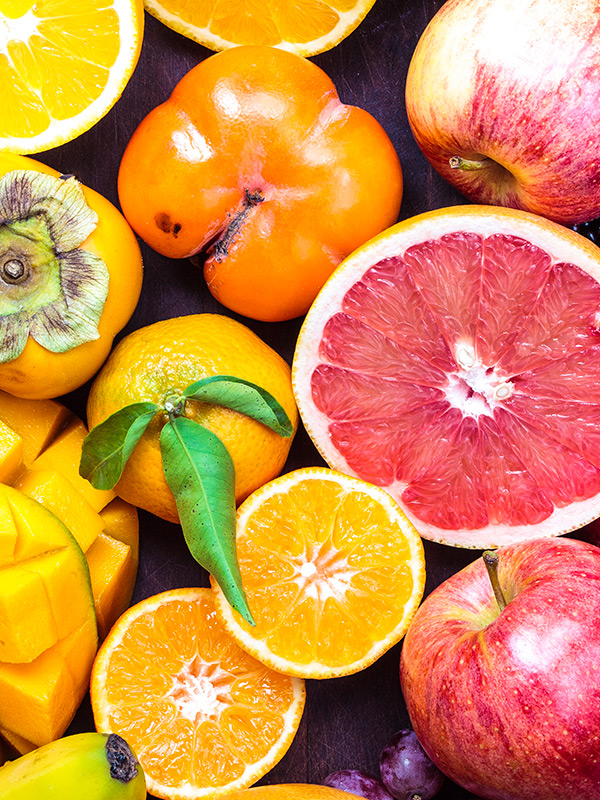
If you can't buy organic, don't sweat it too much. "Much like superfoods, no studies show that organic is superior to non-organic," says Catudal. "Ironically, bad things that can affect you and diseases (E. coli, for example) are more likely to be on non-treated crops. I am not making an all-out blanket statement. More studies do need to be done. However, current data shows that foods are basically equal and/or even safer when they're non-organic. Moral of the story? If you can't afford organic or don't want to, you're going to be just fine."
Next up: This Is What Khloé Kardashian's and Sofía Vergara's Nutritionists Eat Every Day
This article was originally published at an earlier date and has since been updated.
This article is provided for informational purposes only and is not intended to be used in the place of advice of your physician or other medical professionals. You should always consult with your doctor or healthcare provider first with any health-related questions.

